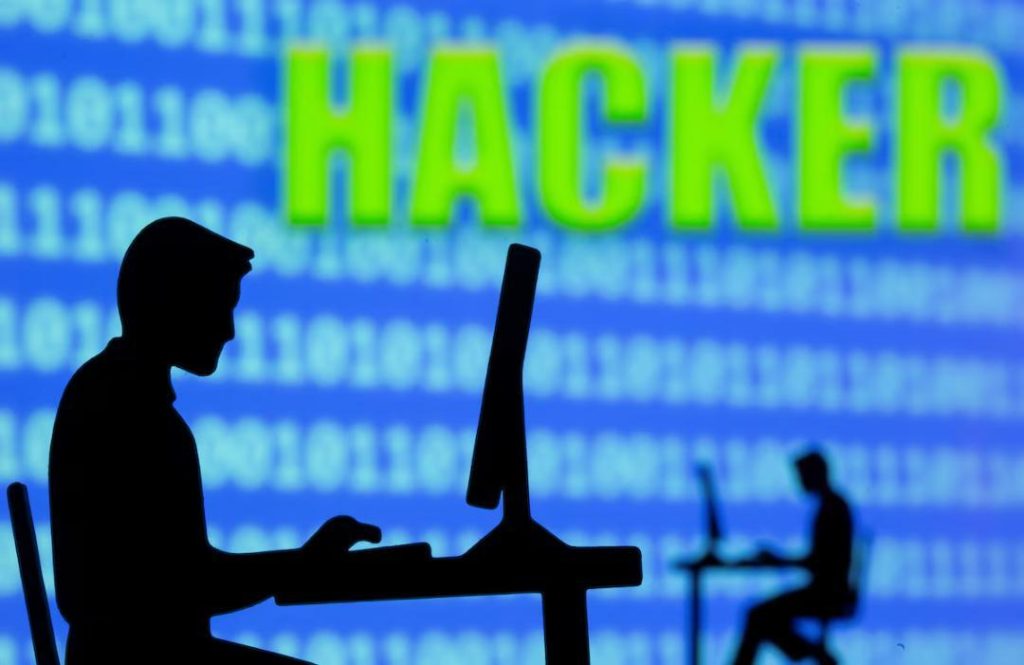
FBI offers ₹85 crore for any info on hacker group ‘Salt Typhoon’
In a recent development, the US Federal Bureau of Investigation (FBI) has made a public announcement offering a whopping reward of up to $10 million (approximately ₹85 crore) to anyone who comes forward with information about the China-backed hacker group ‘Salt Typhoon’. The group has been accused of targeting multiple US telecommunications companies, as well as the US Treasury, with their malicious cyberattacks.
According to sources, the FBI is particularly interested in receiving information about specific individuals who are believed to be behind the campaign. This news has sent shockwaves across the global cybersecurity community, with many experts warning of the potential consequences of such attacks.
So, who is Salt Typhoon and what is their modus operandi? Let’s dive deeper into the story.
Who is Salt Typhoon?
Salt Typhoon is a China-backed hacker group that has been linked to a series of high-profile cyberattacks on US telecommunications companies and the US Treasury. The group is believed to be comprised of skilled hackers who use sophisticated tactics to infiltrate their targets’ systems and steal sensitive data.
What is their modus operandi?
Salt Typhoon’s modus operandi is to use a combination of social engineering tactics and advanced hacking techniques to gain access to their targets’ systems. Once inside, they use their skills to steal sensitive data, including intellectual property, financial information, and other confidential data.
The group has been linked to a series of attacks on US telecommunications companies, including AT&T, T-Mobile, and Verizon. They have also been accused of targeting the US Treasury, as well as other government agencies and financial institutions.
Why is the FBI offering a reward?
The FBI is offering a reward of up to $10 million (approximately ₹85 crore) for any information that leads to the arrest and prosecution of individuals behind the Salt Typhoon hacking group. This is a significant increase from the usual rewards offered by the FBI for information leading to the arrest and prosecution of cybercriminals.
The FBI is particularly interested in receiving information about specific individuals who are believed to be behind the campaign. They are asking anyone with information about the group’s activities, including their tactics, techniques, and procedures (TTPs), to come forward.
What are the potential consequences of these attacks?
The potential consequences of these attacks are severe. If the hackers are able to gain access to sensitive data, they could use it to manipulate the global financial markets, compromise national security, and disrupt critical infrastructure.
The attacks could also have significant economic consequences, including damage to the reputation of the targeted companies and financial losses. In addition, the attacks could undermine public trust in the security of the global financial system and cause widespread economic instability.
What can be done to prevent these attacks?
There are several steps that can be taken to prevent these attacks, including:
- Implementing robust cybersecurity measures, such as firewalls, intrusion detection systems, and encryption.
- Conducting regular security audits and vulnerability assessments to identify potential weaknesses in the system.
- Providing regular security training to employees to educate them on the risks of cyberattacks and how to prevent them.
- Implementing incident response plans to quickly respond to and contain any security breaches.
- Working with law enforcement agencies to share information and coordinate efforts to combat cybercrime.
Conclusion
The FBI’s offer of a reward for information on the Salt Typhoon hacking group is a significant development in the fight against cybercrime. The group’s attacks on US telecommunications companies and the US Treasury are a serious threat to national security and the global economy.
It is essential that anyone with information about the group’s activities comes forward to help the FBI bring these individuals to justice. By working together, we can prevent these attacks and protect our critical infrastructure from cyber threats.
News Source:






